How to Know Your Alcoholic Beverage Company is Ready for an ERP System: The Perks
Breweries, wineries, distilleries…oh my! No matter what part of the alcoholic beverage industry your business is in, scalability, efficiency and adaptability are always going to be key elements to your growth. In part one of our exploration of the question, “How do I know it’s time for my company to invest in ERP,” we talked about common pain points that can be a reliable litmus test for answering it. In this post, we’ll cover what your beverage business can expect to gain from successfully implementing a new ERP solution.
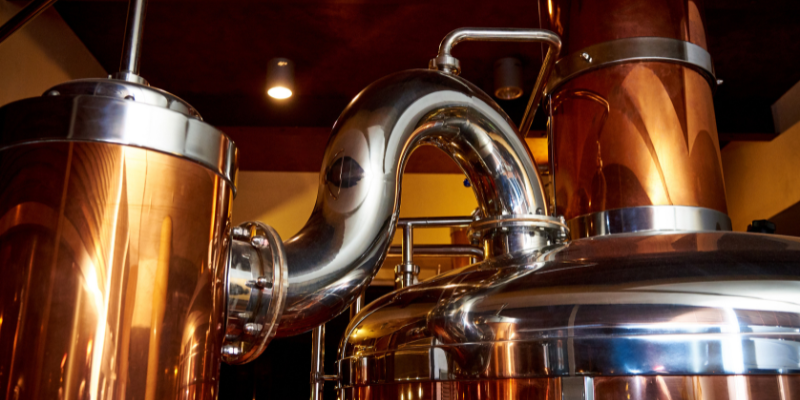
The Right Tool for the Job Makes All the Difference
ERP solutions that have a knack for your niche can mean all the difference between pain and gain. Automation is increasingly important for businesses across all industries, and the alcoholic beverage industry is certainly no exception. With the ubiquitous need for efficiency, accuracy and compliance, automation is a critical part of most growth-minded business solutions.
According to Deloitte, “Of the 63% of organizations that leverage automation around their ERP, only 27% say their systems are leveraging ‘intelligent’ automation capabilities – a missed opportunity to capitalize on the power of Artificial Intelligence (AI). Additionally, 37% of ERP processes remain fully managed by humans, leaving significant untapped potential.”
Implementing a vertical-specific
ERP solution for beverage manufacturers that automates business processes can help companies increase efficiency and reduce costs. Automation can also help companies gain a competitive advantage and make better use of their resources, allowing them to focus on other aspects of their business such as sales, marketing and product development.
Efficiency is Key
One of the most obvious benefits of automation for alcoholic beverage companies are the efficiency and productivity gains across the entire organization, especially outside of the production floor. ERPs can automate error-prone and time-consuming processes leaving more time for other initiatives.
A great example is how automating warehouse management and inventory tracking can reduce the time and labor required to track inventory status in the field and delivery schedules. Automation also plays a role in the back office and accounting departments, saving time on repetitive tasks and reducing the risk of costly errors.
The right ERP system provides real-time information that is a key part of making informed decisions that affect downstream processes. This is especially important in the alcoholic beverage industry, where the need to manage complex logistics, production and supply chain processes is a mission-critical challenge. With an industry-specific ERP system, breweries, wineries and distilleries have a single source of truth for all data and operational metrics, allowing them to make sure all business and production processes are running smoothly and as designed.
Streamline Your Inventory Management
Having a streamlined inventory management strategy is critical to run a successful alcoholic drink manufacturing company. Beverage ERP software can help automate and streamline inventory management processes, making it easier to track stock levels, movements and inventory costs.
An ERP with inventory management capabilities specifically designed for the alcoholic beverage industry can help companies improve their forecasting and planning capabilities as well. With real-time data and visibility into inventory levels and stock movements, companies can better predict demand and plan production accordingly to avoid disruptive shortages or overproduction.
Make Compliance a Snap
Making sure all of your operations, especially manufacturing, messaging and production are compliant with local and federal regulations is critical for alcoholic beverage companies. From tracking inventory and production processes to ensuring compliance with labeling and packaging, the alcoholic beverage industry is highly regulated. Non-compliance can lead to hefty fines and penalties that no one wants to incur.
Beverage ERP software built specifically breweries, wineries and distilleries like Crafted ERP can help automate compliance-related tasks and ensure that all necessary information is tracked and recorded appropriately.
By automating compliance-related tasks, you can take regulatory tracking and forms off your worry list. Compliance automation helps ensure that a business stays in good standing with regulatory authorities while preventing disruptions to production and distribution.
The Right Place At the Right Time: Improved Allocation
Every business, especially those in an industry like alcoholic beverages, requires juggling resources across manufacturing, logistics and personnel. Choosing the right ERP helps companies streamline their resource allocation processes, allowing them to improve their bottom line and run a leaner operation.
ERPs can help companies automate and optimize their resource allocation in a few different ways. By automating inventory management and tracking, companies can ensure that they always have the right products in stock and reduce the risk of stockouts or overstocking.
Beverage ERP systems can help companies better track and manage their production resources, such as raw materials and equipment, allowing them to use them more efficiently and avoid waste.
Managing labor costs is another important way ERPs help companies allocate resources more intelligently. By automating time and attendance tracking, payroll processing and other HR functions, companies can ensure they are getting the most out of their labor force.
Future-Proofing the Business
Being ready to adapt to future market and technology changes is important as environments evolve. With new trends, regulations and technologies emerging all the time, companies need to be able to adapt and evolve quickly. An ERP can help them by putting in place systems and processes that allow them to respond to change appropriately.
The right ERP can provide a platform for growth by allowing companies to scale their operations as they expand. This will help them to be ready for new market opportunities and increased demand.
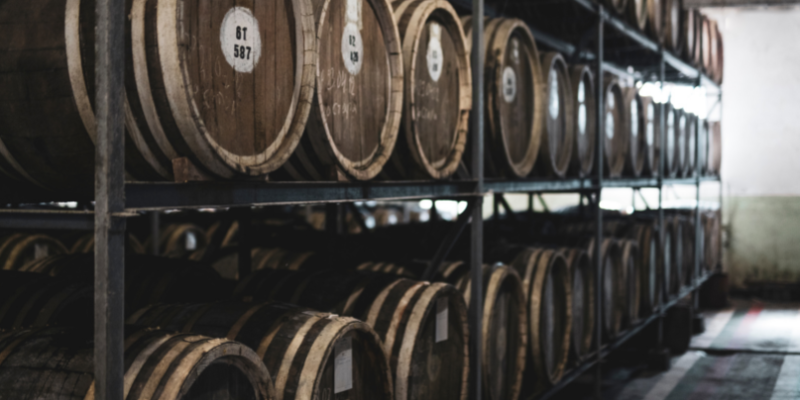
Key Takeaways
In
a 2019 study by Mint Jutras surveying more than 300 companies implementing ERP, 85% of these companies had a projected timeline for ROI and 82% of that cohort achieved ROI within their expected timeframe. These findings highlight the bang for your buck that you can expect when your company brings on a modern ERP solution. Picking the right ERP system for your alcoholic beverage company will provide significant benefits for companies looking to streamline their operations, increase efficiency and gain a competitive edge. Automating manual processes and utilizing a vertical-specific ERP solution can help companies improve inventory management, increase compliance and allocate resources better.
If you missed it, make sure to read Part One on this topic to learn about pain points that could mean your company is ready for ERP.
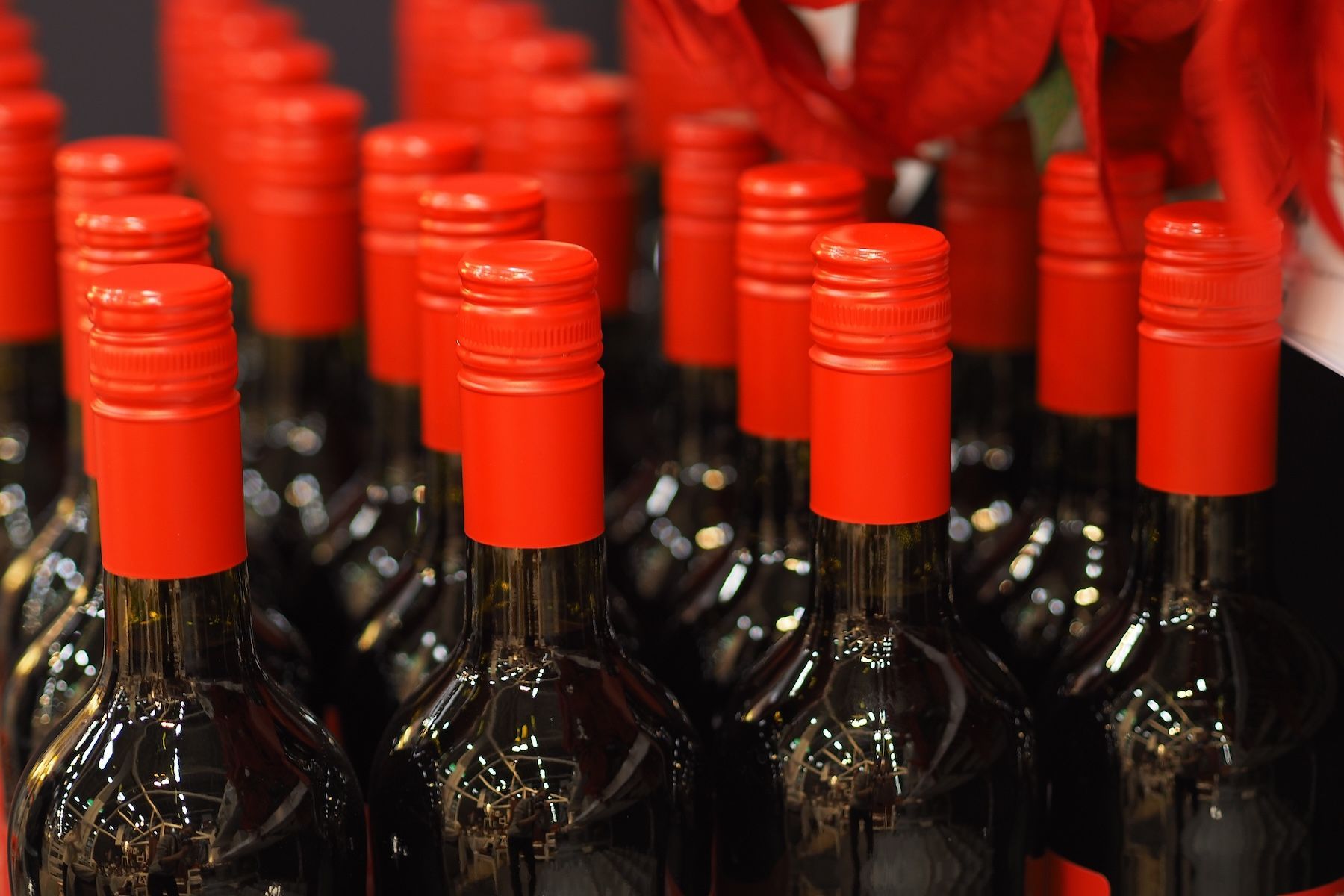
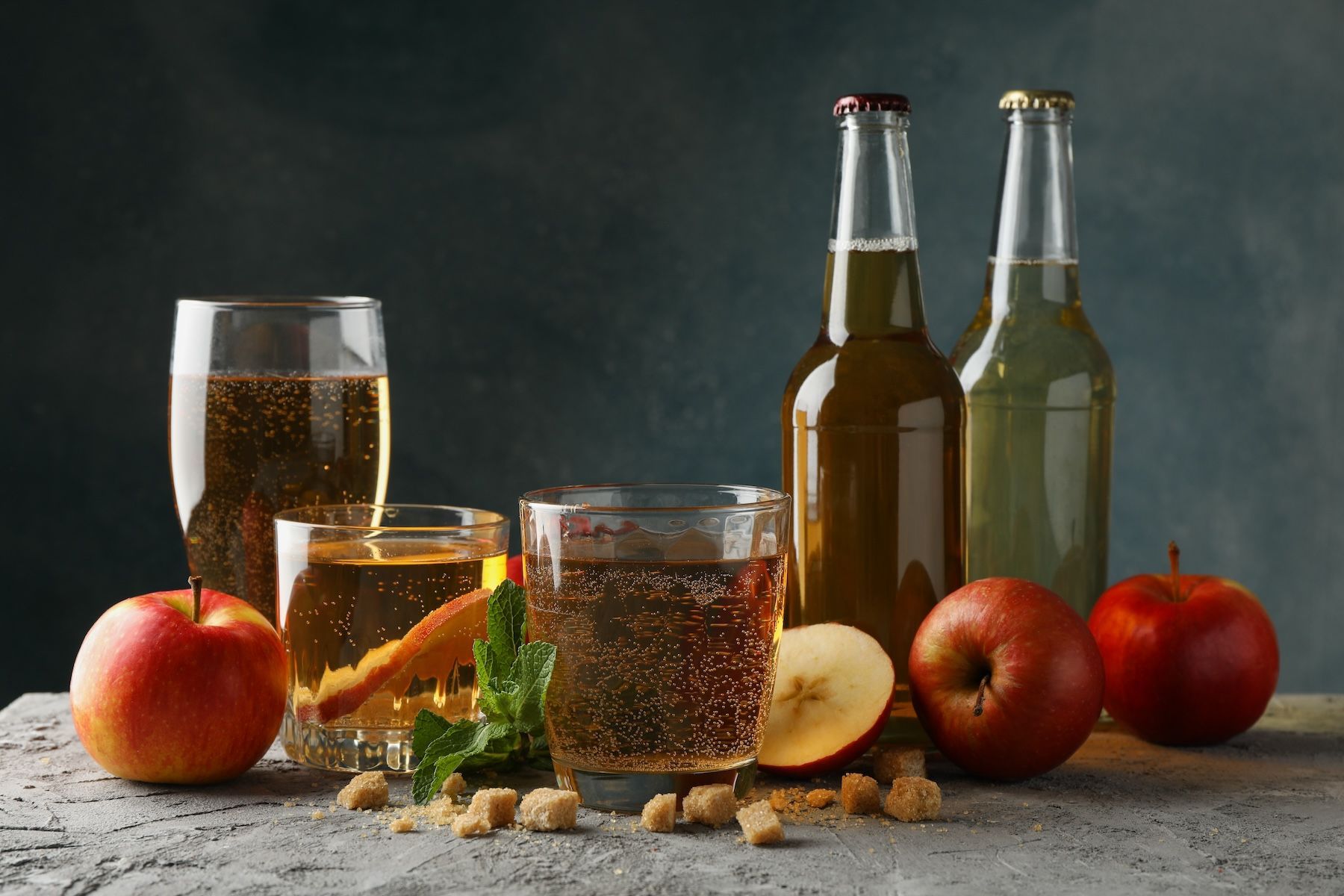
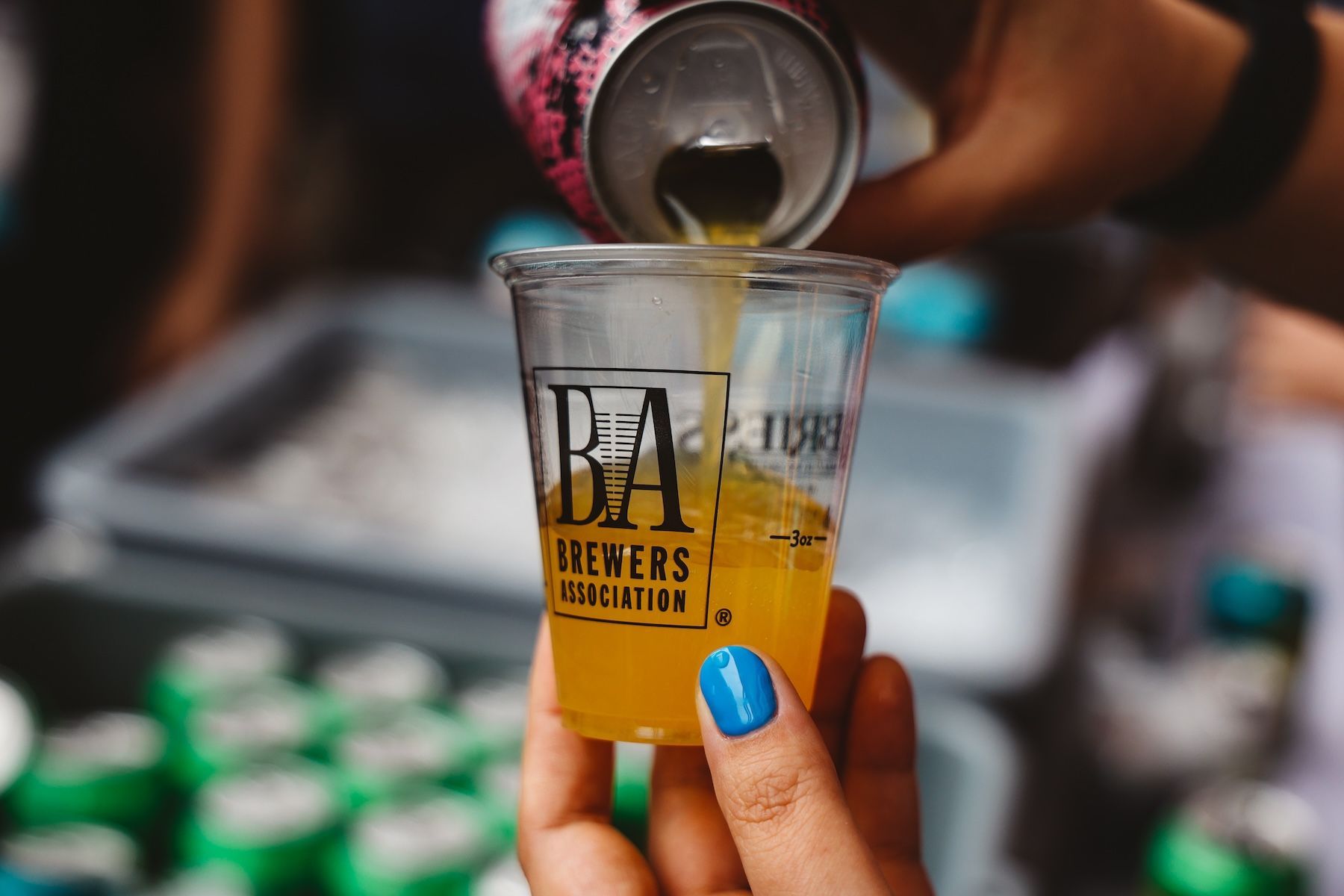

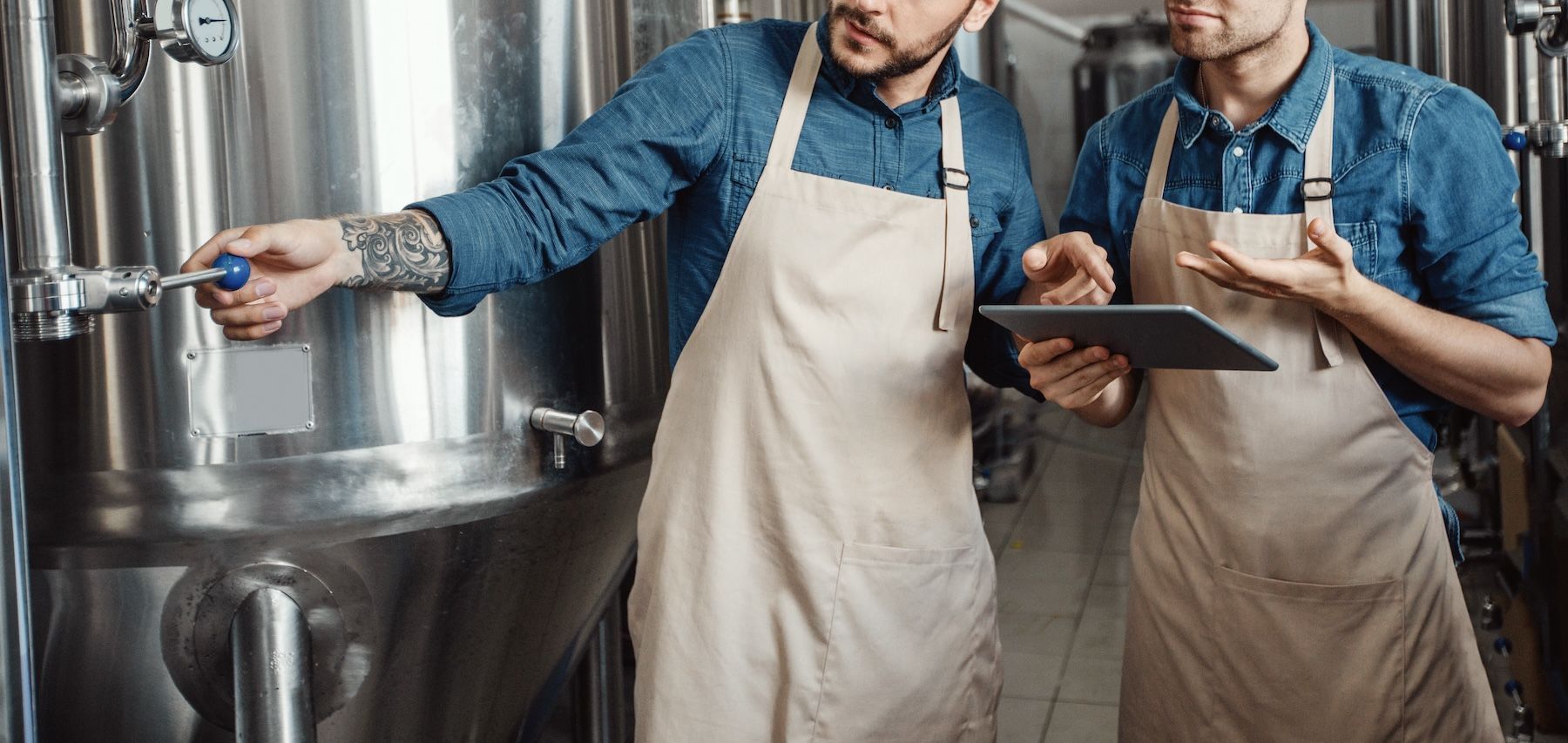



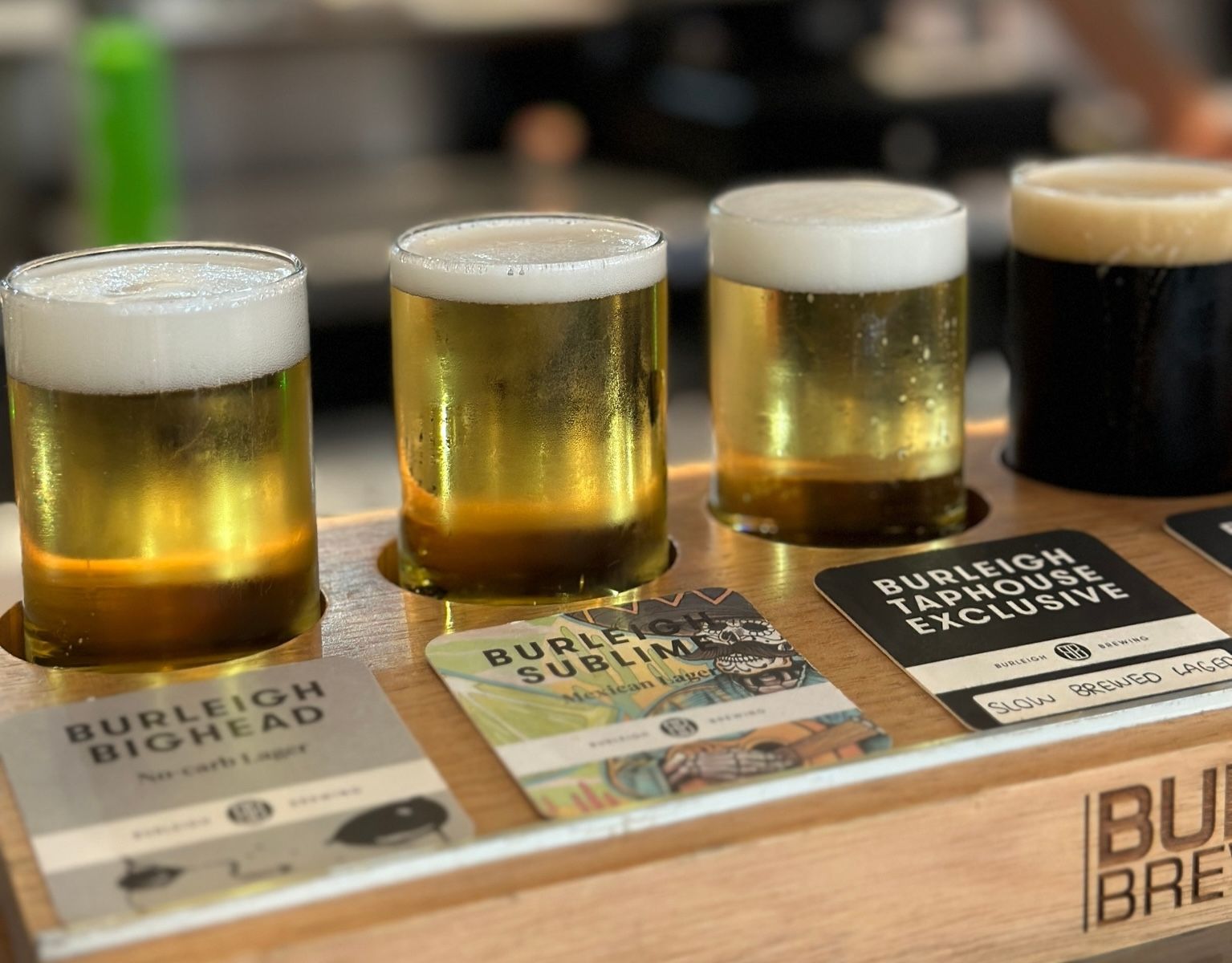
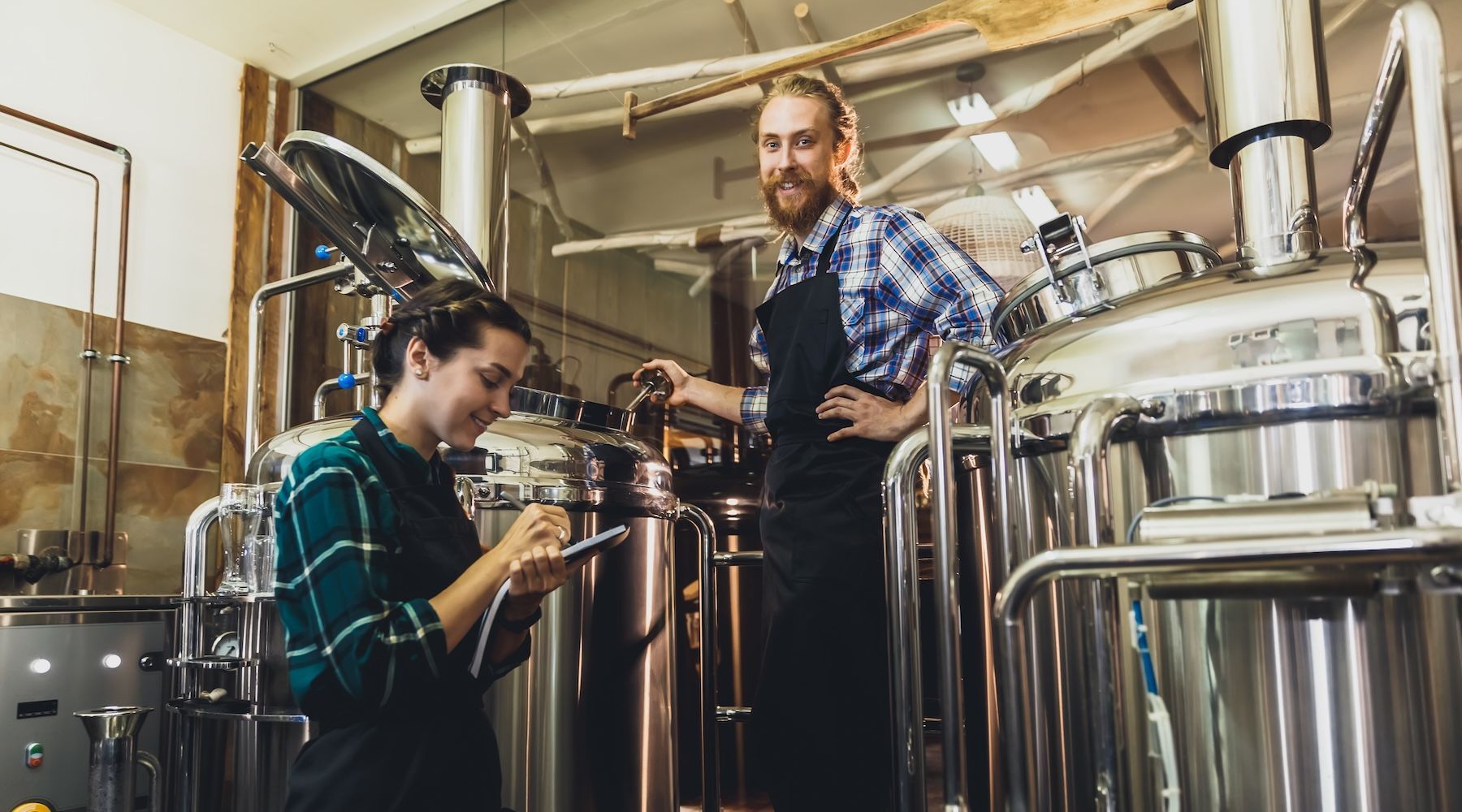
GET IN TOUCH
1512 Larimer Street, Suite #150
Denver, CO 80202
United States
(720) 699-0200
66 Goulburn Street
Sydney, NSW, 2000
Australia
+61 2 9044 1330

